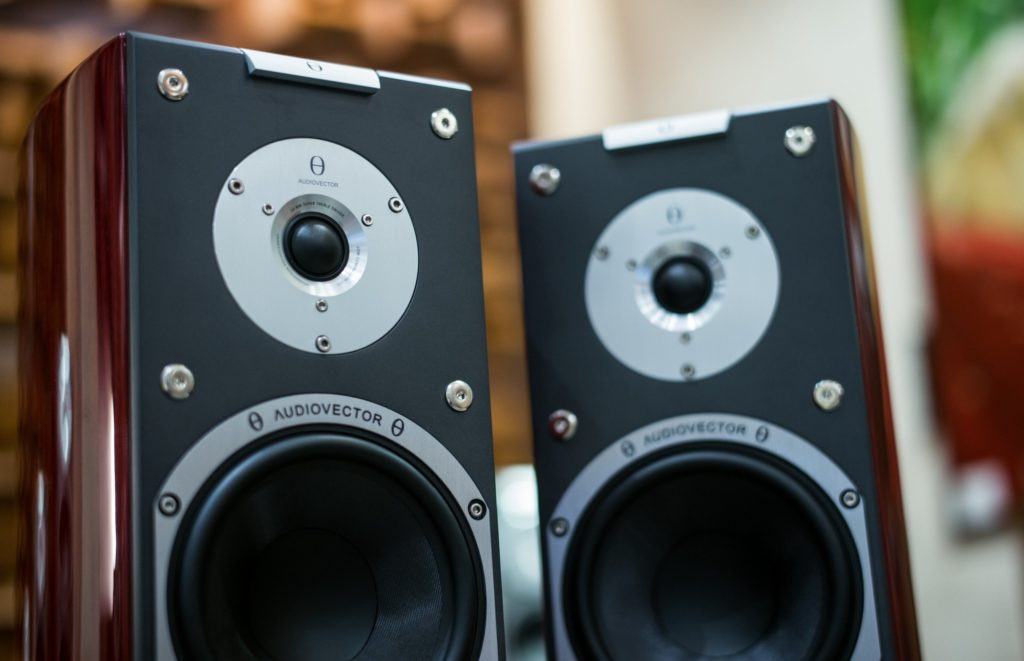Background Music: It’s More Than Pressing Play
December 6, 2018 / News & EventsWithin the last century, background music has slowly but surely become commonplace. For many, it’s often more noticeable — even uncomfortable — if there is not music accompanying the environment they are occupying. Thanks to rapid development in technology, people are now used to having the ability to listen to whatever they want, wherever they want which has shifted the idea of what background music should be.

Research has shown that younger generations now expect brand authenticity and congruence, essentially wanting all physical elements of a company and its space to fit into the brand story — including the music. And brick-and-mortar businesses are taking note. They’ve begun using this idea to become more competitive in the age of online retail in order to make their location a destination and experience. Rolling Stone noted that 21.3 million of the world’s 29.4 million businesses are using consumer music services to satisfy the growing desire for sound to occupy space. The preference for music to be integrated into nearly every space has generated a demand for carefully curated music.
A quick online search can prove this point with pages of search results promising unique algorithms ready to set the mood for any space, but oftentimes, the potential risks of hitting “shuffle” are unknown to the common consumer. Few business owners and managers understand the importance — and potential legal implications — of utilizing licensed music in their space. A study completed by Nielsen Music found that 83% of small business owners “illicitly use a personal music service” and have not adhered by the necessary licensing or copyright laws, which contributes to the $2.65 billion lost every year by the global music industry at the hand of misused streaming services.
When music is played in public spaces, it requires certain licenses that are separate from the laws that cover the personal use of music streaming services. When businesses do not adhere to the established regulations, music rights-holders (such as artists, producers, and recording labels) are losing $100M each month, caused by a loss of an average of $11.96 per month for each use of a free personal music services account and $8.33 per month for each use of a paid personal music services account.
The same research noted that most business owners understand the value and need of having properly licensed music, yet a significant loss of money for its rightful owners highlights a disconnect between what is needed and what is available. If a business owner desires background music that also fits licensing guidelines, several options are available. In fact, an industry of “music consultancy” services has developed to meet this need. However, an algorithm will never be able to replace the human aspect that can perfect a carefully curated playlist that makes a public space or brick-and-mortar business the “destination” that more and more people not only desire but now expect. To create the experience that customers crave, a business must consider investing in an Audio Experience Solution that can provide properly licensed music, a library of carefully curated playlists to complement and create any vibe, and a unique way to communicate with customers using the speaker system that is already accessible in the space.
Interested in learning more about using an Audio Experience Solution (AES) and how to transform your space? Request a demo of Vibenomics today and learn how you can start creating on-brand music and messaging for your customers.
.png)